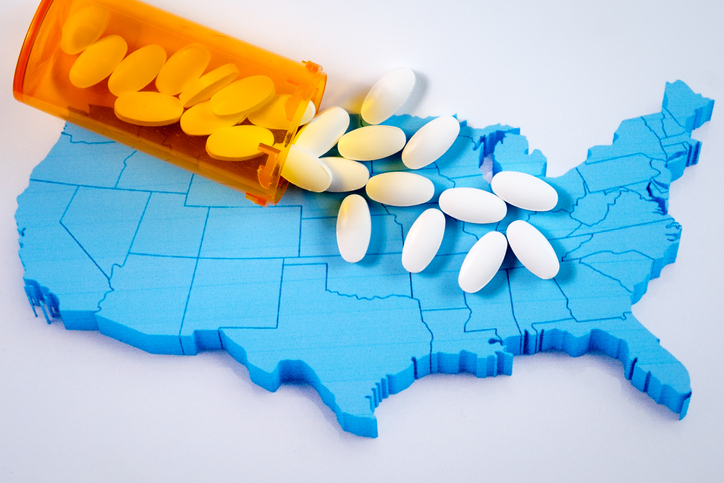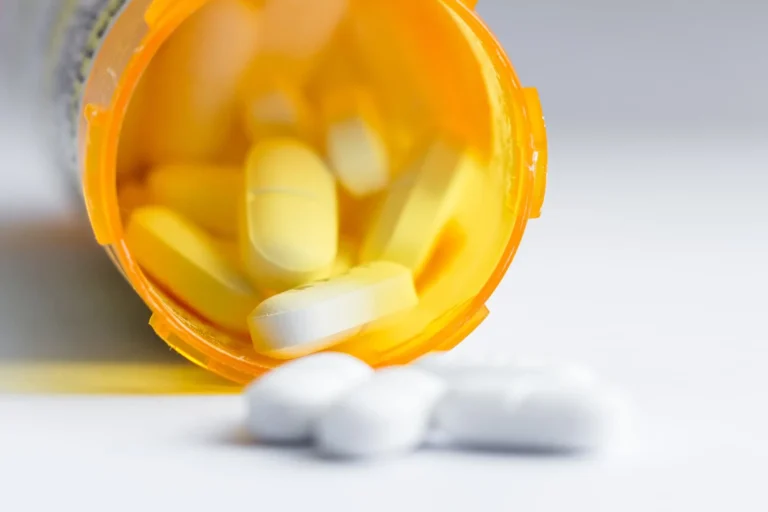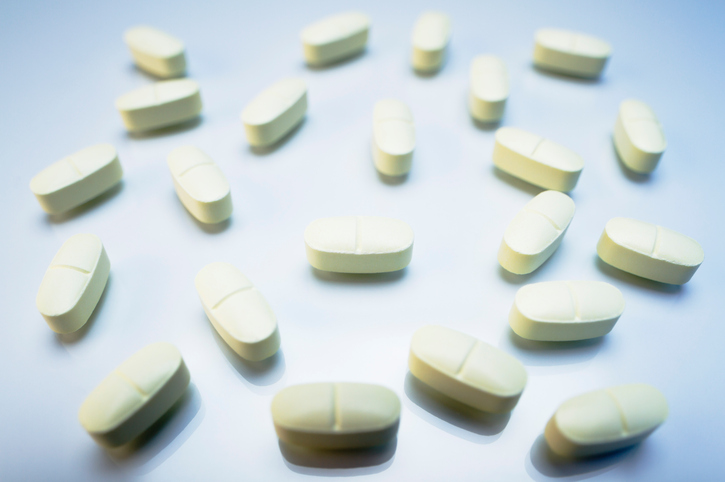
Big pharmaceutical companies are boosting their production capacity of branded pharmaceutical products with billions of dollars in new U.S. manufacturing plant construction, but generic drug production still remains mostly overseas. The FDA is addressing this imbalance through a new pilot program that incentivizes domestic manufacturing of generic drugs by speeding up the regulatory review of these medicines.
Under the new pilot program announced Friday, eligible drugmakers must source the ingredients and make the finished drug product within U.S. borders. These requirements are consistent with other initiatives the Trump administration has introduced as part of a broader strategy to reshore pharmaceutical manufacturing.
More than half of pharmaceuticals distributed in the U.S. are manufactured overseas, the FDA said. Even when drugs are made in the U.S., the finished product often uses an active pharmaceutical ingredient (API) from overseas. By the agency’s count, just 9% of API manufacturers are in the U.S. while 22% are in China and 44% are in India.
The FDA reviews generic drugs under the abbreviated new drug application (ANDA) pathway. Typically, a drug going through this pathway must undergo clinical testing to show bioequivalence to the reference product, the already FDA-approved drug. Much of the clinical testing of generic drug candidates is conducted outside of the U.S., which the FDA contends weaken the U.S. pharmaceutical and R&D infrastructure.
To qualify for the new pilot program, a drugmaker must conduct any required bioequivalence testing in the U.S. Also, the product must be made in the U.S. using exclusively domestic API sources. Documentation showing a drug meets these requirements must be included in a company’s request seeking this new type of priority FDA review.
“Overreliance on foreign drug manufacturing and testing creates risks both to national security and patient access, and undermines investments in U.S. research, manufacturing and production,” said George Tidmarsh, director of the FDA’s Center for Drug Evaluation and Research, said in the agency’s Friday announcement. “It also slows down reviews and costs taxpayers more money, as these foreign research and testing sites must be inspected by FDA, and foreign inspections take more time to prepare for and are more expensive to conduct than domestic inspections.”
The agency did not quantify how much faster generic drugs will be reviewed under the new pilot program. But domestic production is a key component of another FDA pilot program focused on branded products. This program unveiled in June makes certain branded drugs eligible for a shorter regulatory review as long as the qualifying product meets certain national health interests, such as addressing a national security health crisis or increasing domestic production as a matter of national security. Drugs that qualify for this program would be awarded a Commissioner’s National Priority Review Voucher that shortens regulatory review to two months.
Big pharma companies have been boosting U.S. manufacturing capacity as a way to avoid potential pharmaceutical tariffs that the president has threatened to impose on imported drug products. In late September, Trump said in a social media post that tariffs would be imposed on branded drugs unless the product’s manufacturer is breaking ground or constructing a pharmaceutical plant in the U.S. The post did not refer to generic drugs, suggesting these products will be exempt from tariffs.
Trump has taken other steps to strengthen domestic drug production. A May executive order directs the FDA to evaluate existing regulations with a goal of streamlining the review and permitting of new domestic drug manufacturing facilities. In August, the FDA introduced PreCheck, a program that provides pharmaceutical manufacturers with more frequent communication during the development stages of new facilities and streamlines the chemistry, manufacturing, and controls section of the application to build a new facility with pre-application meetings and early feedback. Last week, the FDA held a public meeting to discuss the new PreCheck program.
Domestic API production is a key component of yet another executive order. This August order directs the Department of Health and Human Services to compile a list of critical medicines. The government will then stockpile APIs for these drugs, which the order states will insulate the U.S. from the foreign concentration of this piece of the supply chain while also encouraging more domestic production of APIs.
Photo: Stuart Ritchie, Getty Images





